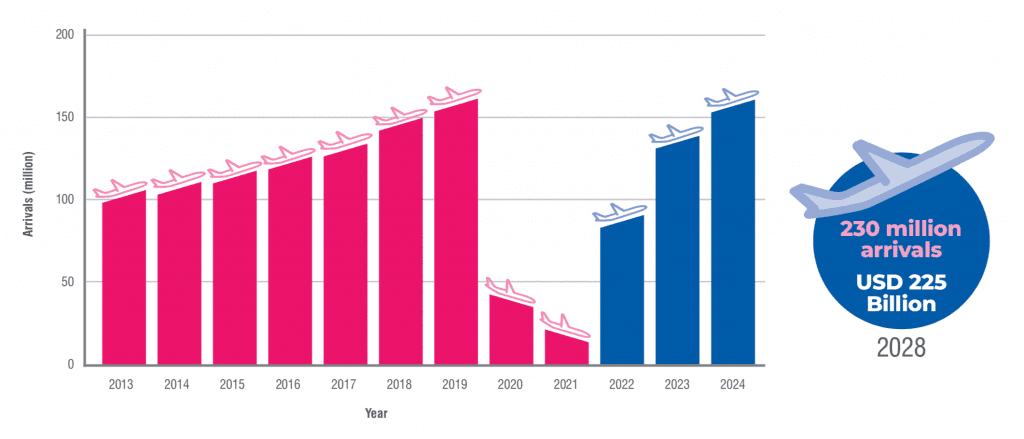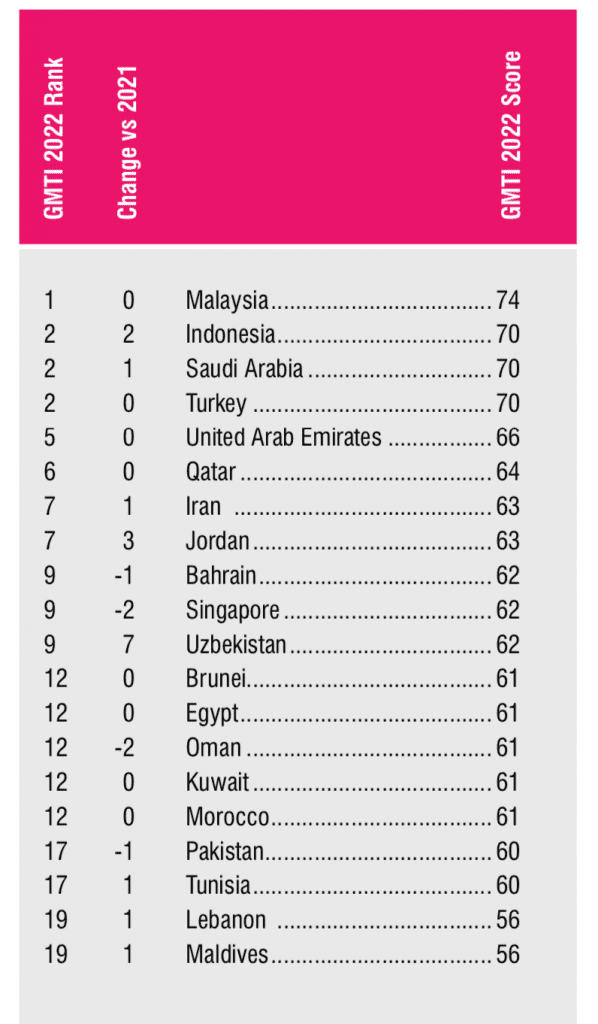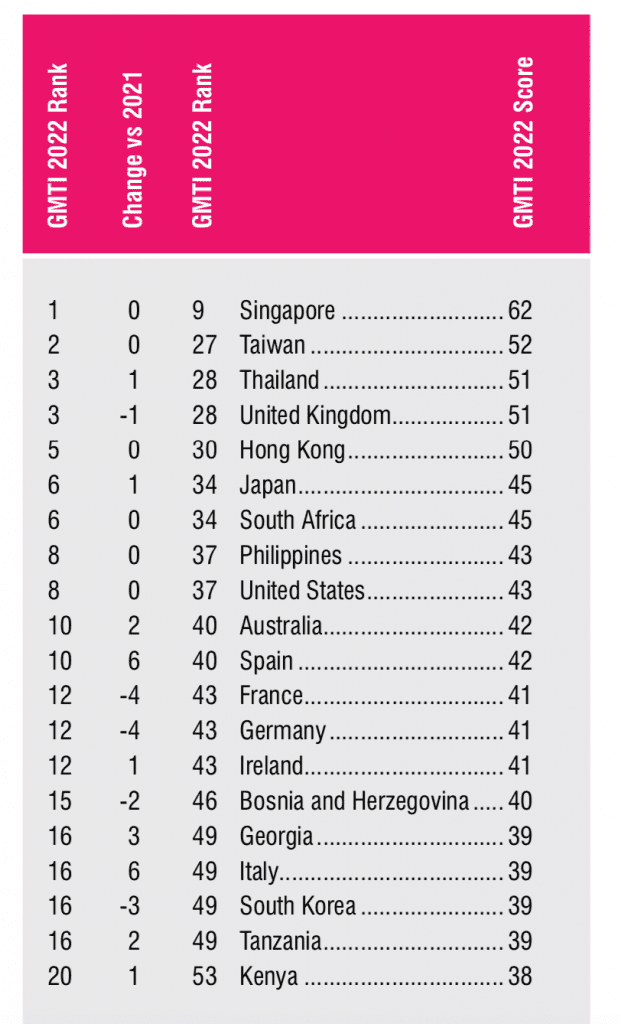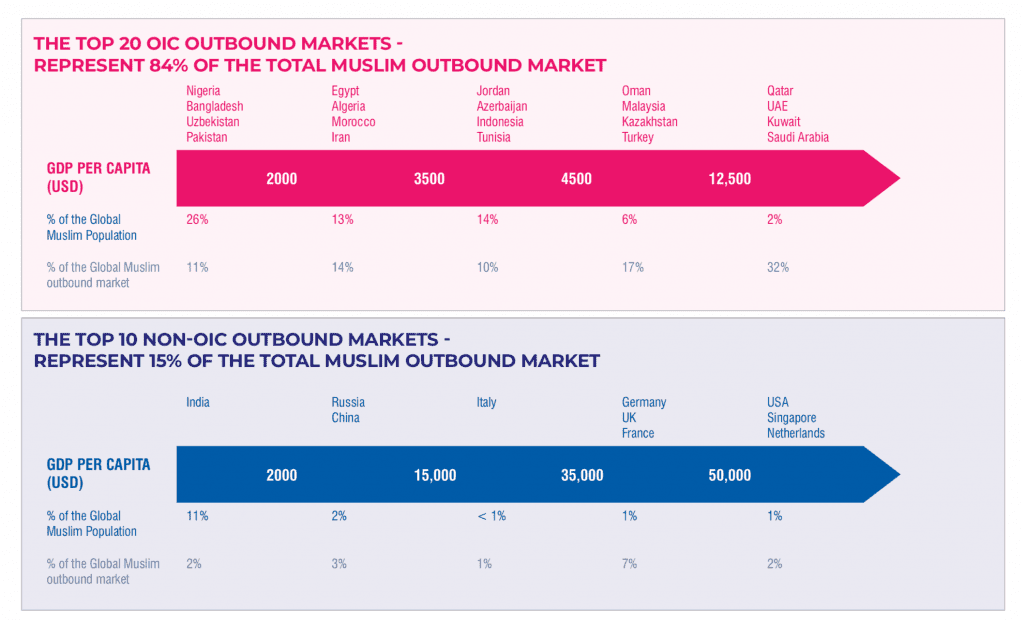Oyo, the India-based budget hotel chain and booking platform, plans to double its premium segment hotel count in Indonesia from around 200 properties to over 400 by the end of 2023.
Announcing its plans to double its portfolio, Oyo on Friday said the demand for premium accommodation options is expected to grow significantly in Indonesia in 2023.
The hospitality operator said it is targeting a mix of business and leisure destination such as Jabodebek, Java and Bali, Sumatra, Kalimantan, and Sulawesi.
Currently, Oyo offers accommodation in the mid-premium segment through Townhouse Oak, Townhouse, Collection O and Capital O.
Indonesia is one of the most mature markets for Oyo in terms of scale and unit economics, according to Ankit Tandon, global chief business officer and CEO, Southeast Asia and Middle East.
Indicating a steady rebound in business travel after pandemic induced travel restrictions ebbed in Indonesia, Tandon in his blog last month noted that Oyo has served 253 corporates in 2022 compared to only 75 corporates in 2021 recording a 237 percent year-on-year growth.
Oyo said it has intensified its efforts to identify premium properties across all key regions and efforts are in full steam to onboard and equip them with latest technological tools, increase their visibility and in turn improve their revenue.
“We will identify premium properties and equip them with the latest tech tools to improve their revenue and visibility,” Founder and Group CEO Ritesh Agarwal said in a social media post.
In 2022, Indonesia saw around 633 million to 703 million domestic tourist trips while the tourism ministry said it is targeting up to 7.4 million international tourist arrivals and 1.2-1.4 billion domestic tourist movements in 2023.
“Our focus on expanding the premium hotel portfolios in line with the government’s plans to strengthen hotel industry to meet the requirements of the growing number of inbound and corporate tourists looking for well-priced mid-segment and premium hotels,” Tandon said.
A report by property consultancy firm JLL noted that green shoots are emerging for the hotel sector with occupancy levels expected to reach above 50 percent this year.
JLL also predicts an investment of $300 million in 2023 in this sector, which is the highest since 2013.
Oyo said it plans to play the role of a catalyst in this growth with a three-pronged strategy – maximising local market potential, technological innovation to address market pain points and strong collaboration with industry stakeholders.
Having entered Indonesia in 2018, Oyo has since recorded 15 times growth and its bookings from May-November 2022 rose 90 percent compared to same period in 2021.
The hospitality tech company that looks to go public in the Indian stock market with its long-anticipated initial public offering (IPO), has set a deadline of mid-February to refile its draft red herring prospectus with the Indian stock market regulator.



